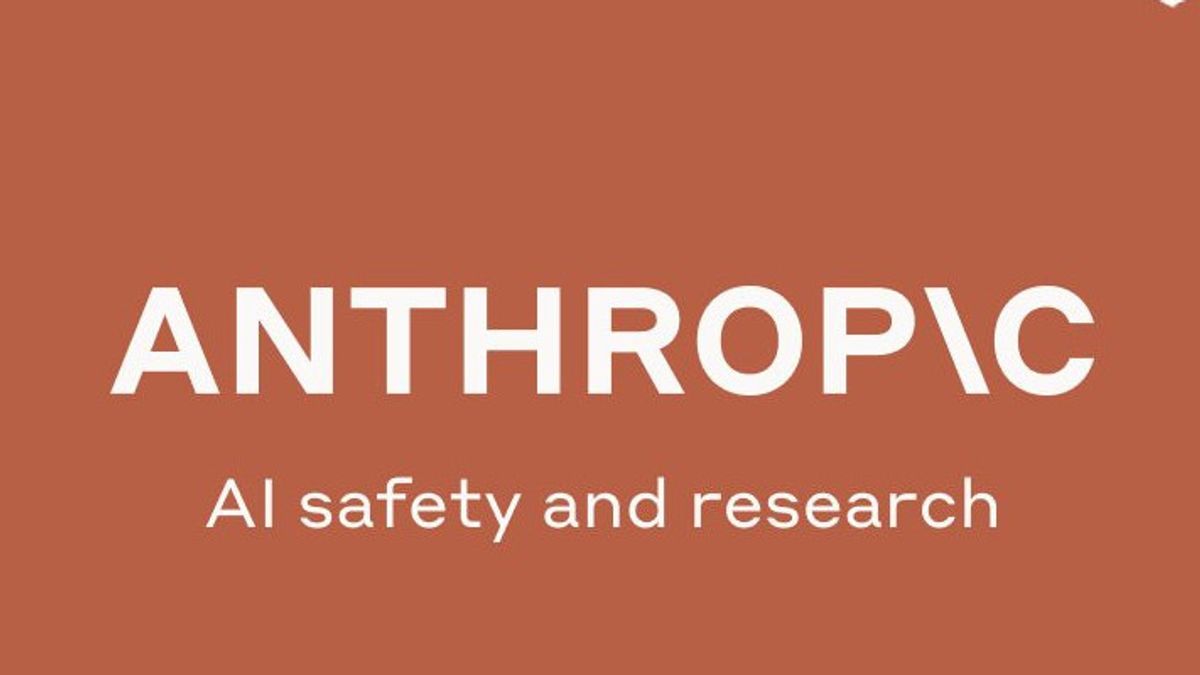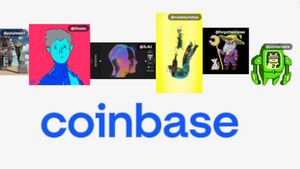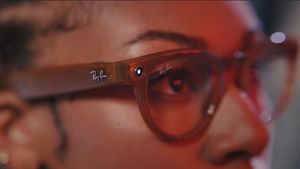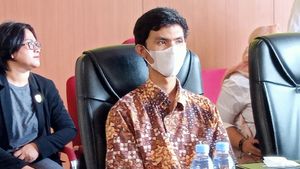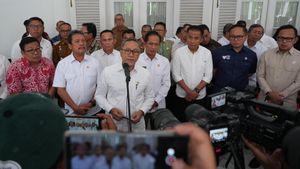Anthropic, an artificial intelligence (AI) model developer Claude, has filed a refutation against a lawsuit filed in October by a group of music labels, including Universal Music Group (UMG), alleging abuse of copyright-protected works.
The AI developer filed a refutation on January 16, stating that not only the plaintiffs' claims were invalid, but also that the case was filed in the wrong court.
"The plaintiffs' statements about unavoidable losses are inconclusive in essence. At the right time and place, the plaintiffs will have sufficient opportunities to substantially test their legal theories," the company's representatives said.
Initial claims from Universal Music Group, Concord Publishing, and ABKCO Music & Records alleg that Anthropic carried out "legal-violating" use and copied and distributed "major amounts of copyright-protected work" from them during its AI model training.
In return, Anthropic called this claim not only an "attack on this new category of digital tools" but also said that they "confused technology and law together."
Anthropic also pointed out that plaintiffs' complaints about the use of Anthropic's generative AI tools to obtain copyright-protected song lyrics were "not designed to issue copyrighted material," and if so, it should be a "bug" that crosses their security limits.
The original complaint states that at least 500 songs by famous musicians, including Beyoncé, The Rolling Stones, and The Beach Boys, have been copyright infringed by AI.
However, Anthropic refused that the music company provided "no evidence" and there was even no "mean user subset" other than they themselves incorporating commands that generate copyrightly protected lyrics.
SEE ALSO:
"normal people will not use any of the most powerful and sophisticated generating AI tools in the world to show them what they can access more reliably and quickly using a common web browser," they said.
Anthropic was founded by former OpenAI members, ChatGPT creators, and has the support of companies like Google and Amazon.
This is one of dozens of ongoing lawsuits between AI developers and various creative publishers, artists, and companies claiming the company committed copyright infringement at certain levels during their model training.
The latest case that has attracted industrial attention is a lawsuit filed by The New York Times against OpenAI, which claims that the model threatens its ability to do journalistic work by copying the information and providing it for free to users.
The English, Chinese, Japanese, Arabic, and French versions are automatically generated by the AI. So there may still be inaccuracies in translating, please always see Indonesian as our main language. (system supported by DigitalSiber.id)
